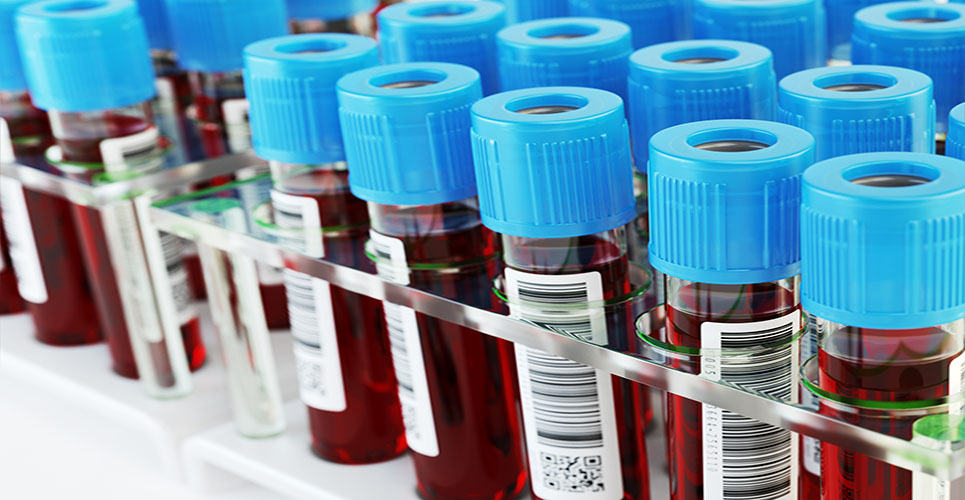teaser
US health officials have resisted recommending genetic tests for patients on the blood-thinner warfarin, even though they believe such screenings could prevent thousands of complications each year.
The Food and Drug Administration has approved new labelling guidance for the drug, meaning genetic testing information will now be included on its label.
The alterations have been made in a bid to help doctors determine the best way to prescribe the drug.
The updated label suggests that lower doses may be best for patients with variations in two specific genes.
One produces an enzyme that helps the body metabolise warfarin and other medicines, while the second produces the blood-clotting protein that warfarin blocks.
Genetic testing can reveal which patients require less of the drug and lead doctors to recommend doses closer to the lower end of the scale, FDA officials said.
FDA economists estimate the genetic tests, which cost between $125 (£63) and $500 (£252), could prevent 85,000 “serious bleeding events” and 17,000 strokes across the USA in a year, and save the country’s healthcare system $1.1bn (£553m) annually.
But FDA officials said they will not recommend the tests until further studies are carried out to show whether doing so will actually benefit patients.
Copyright © PA Business 2007
http://www.fda.gov/

